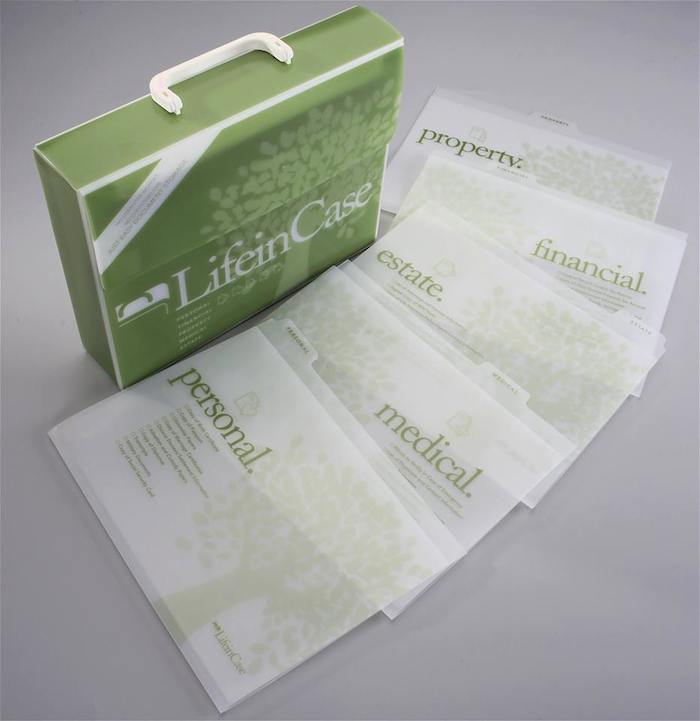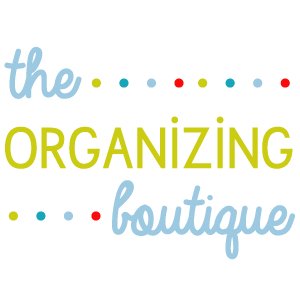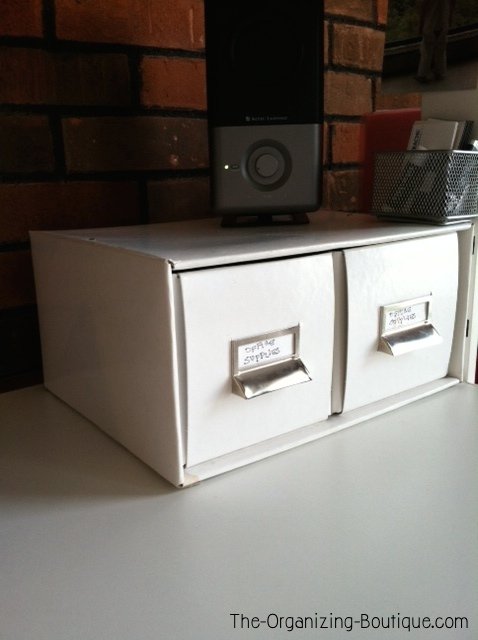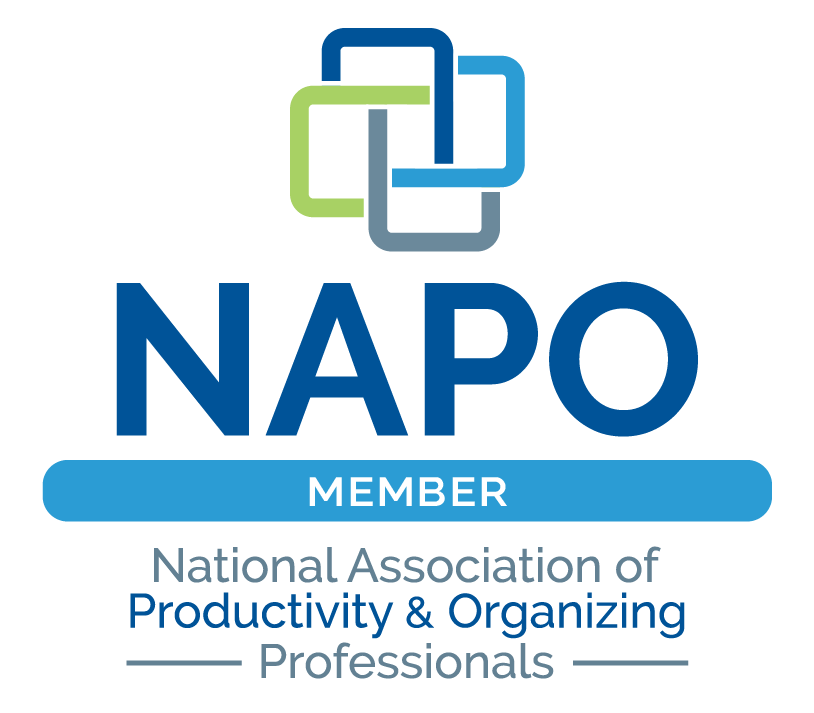Organizing Important Papers - Organizing Paperwork To Be Prepared For Anything
This post may contain affiliate links. This means if you click on the link and purchase
the item, I will receive an affiliate commission. More here: Disclaimer & Privacy Policy
Organizing important papers is critical. Period.
What if someone stole your wallet? Or what if you lost your purse? Then what?
This recently happened to one of my family members and it's not a fun process to go through. Below are compiled tips on getting organized and how to be prepared and what action steps to take should something unfortunate happen.
Organizing Important Papers
Paper Organization To Be Prepared
Below are good precautions to take. You can never be too prepared for your wallet to be stolen or your purse to be lost forever, so organizing important papers and documents is a must.
1. Make copies of the front and back of every card in your wallet/purse.
Keep a copy at home in an "Important Papers" file in your home office file cabinet and in a safety
deposit box.
2. Make a list of all the important numbers (i.e. credit card companies, credit reporting organizations, memberships) and keep it in the "Important Papers" file.
3. The next time you order checks, only have your initials printed on them. If someone takes your checkbook they won't know how you sign your checks, but the bank will.
4. DO NOT sign the back of your credit cards. Put "Photo ID Required" or "See ID".
5. When you are writing checks to pay your credit card accounts, do not put the complete account number. Put the last four digits instead.
6. NEVER have your social security number printed on your checks. Also, have your post office box or work address put on your checks if possible.
7. Put a fraud alert on your credit file, so that credit bureaus will and must contact you before any new credit can be approved. Keep in mind, this also means you can’t get instant credit. This is good for those who don’t plan to get credit in the near future.
9. Check your credit report every 3 months. AnnualCreditReport.Com
10. Print out this page and keep it in a place that you will remember and easily find, preferably your "Important Papers" file or in something like the below product that takes all of the guesswork out of the process for you.
LifeinCase is an organizational tool that:
|
Takes the guesswork away: Offers convenient checklists of 50 essential documents to store in 5 categories. Takes the stress away! Checklist guidelines and 5 individual folders—a positive way to begin a larger project. |
Empowers you! Encourages a positive approach in gathering documents and offers independence in managing important papers. Offers a handy place to keep it all: A 500 sheet capacity, grab-and-go tote is right-sized: small enough to store and travel with you, but large enough to hold all your essentials. |
Get 10% off with this coupon code just for my readers:
ONTRACKORG
More details at LifeInCase.com
Organizing Important Papers
Take Action
If the unthinkable happens, act quickly. This is much easier if you've been organizing important papers and have done the steps above. The following will help you
minimize the potential damage. Please take note of the items that should
be done IMMEDIATELY.
1. Call one of the three national credit reporting organizations
IMMEDIATELY. Place a fraud alert on your name and social security
number.
Equifax: 1-888-766-0008 or Equifax.Com
Experian: 1-800-397-3742 or Experian.Com
TransUnion: 1-800-680-7289 or TransUnion.Com
2. Report it to the Social Security Administration. You can call their fraud line at 1-800-269-0271 or do it online (highly recommended).
3. Call your bank IMMEDIATELY to freeze your accounts and cancel your checks. Then go to the bank to open new accounts, transfer old balances, get new checks, update automatic withdrawals and deposits, and inform them of any pending checks that you have already written. Remember to get new checks from Quicken or any financial software you use as well.
4. File a police report IMMEDIATELY in the jurisdiction of where your purse/wallet was lost/stolen.
5. Call credit card companies IMMEDIATELY to cancel your accounts and order new cards. Don't forget to update payments you make automatically with your credit cards.
6. Go to the DMV. Bring proof of identification (i.e. passport) and a copy of your social security card. If you have a copy of your old driver's license, bring that as well. Check your local DMV website for additional details (i.e. cost of getting a new license).
7. Call your membership organizations to cancel membership cards and order new ones (i.e. AAA).
8. Call your insurance companies for new cards (i.e. health insurance).
9. Cancel your cell phone account and go get a new one.
Organizing Important Papers
Should You Get Identity Insurance?
There's actually not a yes or no answer to this question as it depends
on the individual. I did some research and listed below are, what I
thought, were the important facts. Enjoy!
Pros
- can detect fraud early by monitoring thousands of databases
- covers the expenses associated with dealing with the problem such as phone bills and lost wages
- could assist in the recovery process which could be very lengthy
- can be a low cost for some peace of mind
Cons
- is considered over protection by many
- you still have to do the recovery process yourself
- won’t stop someone from stealing your identity (you can’t prevent identity theft from happening, you can only reduce the likeliness)
- organizing important papers and doing things like shredding sensitive documents,
regularly checking your credit, and reviewing your financial statements,
is more likely to prevent identity theft than insurance (and you should
do all this even with identity insurance!)
Other
- If you’re going to get identity insurance, do some comparison-shopping. The coverage can vary drastically from company to company. Check out IdentityTheftLabs.com.
- Identity theft insurance doesn’t cover direct monetary losses. That being said, you shouldn’t be held responsible for the debts run up in your name either.
- Check to see what your credit card company offers. Are you an American Express cardholder? One of their benefits is a free identity theft service that helps you navigate the recovery process among other things.







New! Comments
Have your say about what you just read! Leave me a comment in the box below.